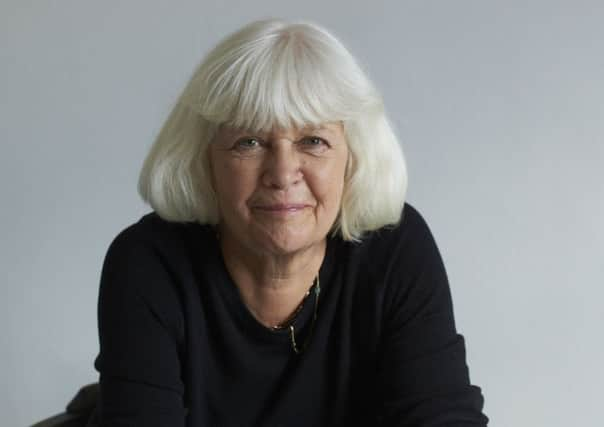Book review: Dancing on the Outskirts by Shena Mackay


Dancing on the Outskirts by Shena Mackay | Virago, 310pp, £16.99
Shena Mackay writes wonderful short stories, wonderful in that they are full of wonder, and wonderful too in the everyday sense of the word. She has the knack of taking the ordinary and making it extraordinary. She is good on loneliness and pain, but also on the moments of beauty and kindness which shine a sudden light on desolate lives. This selection is the ripe harvested fruit of more than 30 years of writing short stories. There are half a dozen at least that a duller writer might have made a novel of. She is a comic writer, but one who might also say, “And if I laugh at anything, / ‘tis that I may not weep”.
Advertisement
Hide AdShort stories, like poems, are hit or miss. I would guess that even the masters of the form have rejected or abandoned ones that don’t deliver what they promised. Even in this selection there are one or two that go wrong. “Shinty” (which has nothing really to do with the game) starts, for instance, brilliantly, when two friends decide to go to a book event starring the sharp-tongued bully of their primary school, now a successful writer of lesbian fantasy fiction. The first half-dozen pages are brilliant, then it becomes a wild and unconvincing fantasy of a different sort.
Others are perfect. “The Last Sand Dance” is one of these marvellously condensed novels. Zinnia, an actress still, just, in demand for bit-parts in soaps and commercials, is married to Norman, once a successful TV dramatist, now soured by failure. Mackay is always good on the theatre, and Zinnia is one of those said to be born in a trunk. She “made her debut at the age of three, at the Hackney Empire, singing I’ve Never Seen A Straight Banana. In fact, as it was wartime, she had never seen a banana at all.” The story offers an all-too believable picture of the gap widening between people condemned to live together.
Mackay can take a little incident and make a world of it. ‘Babushka in the Blue Bus’ is a good example of this ability. It’s only seven pages long, but opens up three lives. An almost forgotten actor and a quarrelling couple of girls, one going reluctantly to meet her lover’s family, are brought out of their gloom and irritation when an old Russian woman at the back of the bus starts handing out home-baked buns or cakes, first to a pitbull type of dog which has dragged a boy with “a crooked swastika tattooed on his forehead” onto the bus, and then to everyone. It’s Good Friday and there is suddenly a moment of good feeling.
The subject is often the sadness of life. “The Wooden Nickel” – where a man waits for a girl he knows won’t arrive – “was one of these Lower East Side bars which had once been at the heart of New York bohemian life but the party had long since moved on”. Yet the stories are never gloomy. There are always moments of illumination, moments of happiness, even if only half-remembered. Mackay can make a story out of very little: a couple clearing out the house of an old recluse and finding things that show they have never understood her; a Sickert painting which prompts her to create an imagined life for its subjects; a young woman walking her dog in Richmond Park and creating lives for those around her; a pretty boy who becomes friendly with an old forgotten poet, and is “a Ganymede for a brief while”, though nothing happens and he is bored most of the time; a singer, careers in ruins, who takes up with the lonely, unhappy wife of the agent who cheated him.
Mackay has a keen eye and an alert ear. Her prose skips and dances. It both invites you to read quickly, and yet to stop and appreciate the vivid imagery; there are gorgeous flowers scattered throughout these stories. She is one of the finest short-story writers of our time, up there with William Trevor, both of them heirs of Chekhov and fit to stand comparison with him.